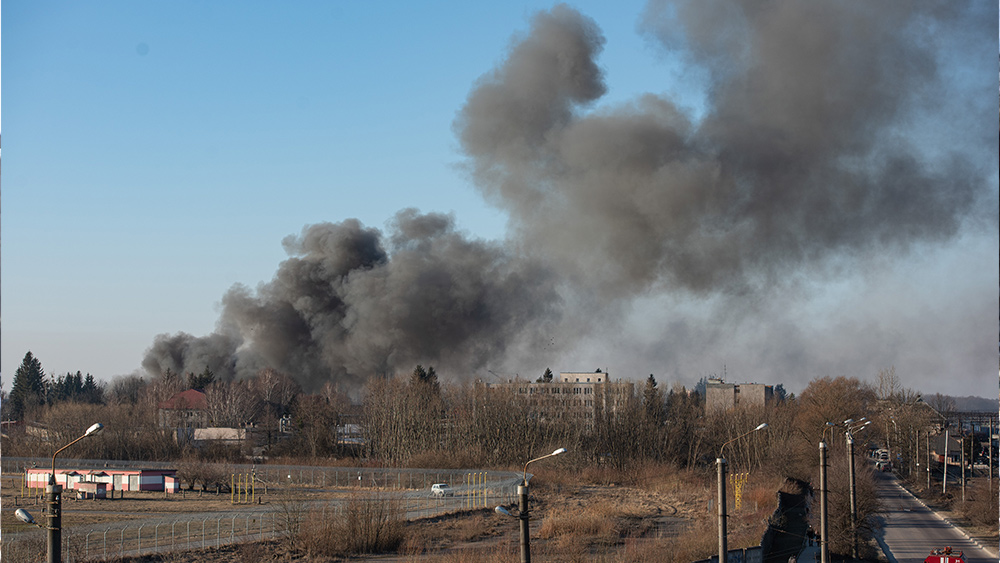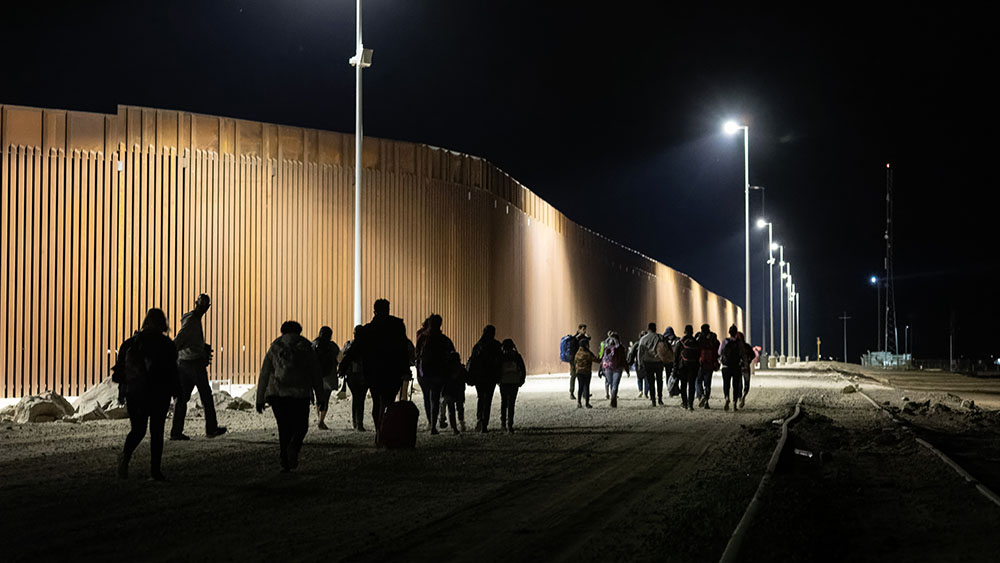
Both Ukraine and Russia are leading exporters of agricultural products. Nearly half of all of Ukraine's exports are agricultural products, including wheat, poultry, barley and corn, most of which are grown in the fertile eastern Ukrainian lands currently suffering due to the heavy fighting going on in the area. (Related: Ukraine farmers unable to work on their fields due to war, increasing fears of global food shortages.)
Middle Eastern, North African and Central Asian nations heavily rely on Russia and Ukraine for many of their agricultural products.
Lebanon, for example, relies on Ukraine for a staggering 80 percent of its wheat. Libya and Yemen also source between a third to 40 percent of their wheat from Ukraine. Meanwhile, Mongolia, Kazakhstan, Eritrea and Armenia import virtually all of their wheat from Russia.
Turkey, Iran, Egypt and Bangladesh rely heavily on both Ukraine and Russia for their wheat, importing more than 60 percent of all of their wheat from them.
Coming food disaster to reach levels not seen since World War II
The World Food Program (WFP) warned that the stifling of Ukrainian and Russian agricultural imports will lead to a massive increase in world hunger the likes of which have not been seen in nearly a century.
"Ukraine has only compounded a catastrophe on top of a catastrophe," said WFP Executive Director David M. Beasley. "There is no precedent even close to this since World War II."
The dwindling supply of agricultural products available for export will force smaller, less affluent nations to spend significantly more just to bid on the remaining available products. This will cause a cascading effect not just on their food supplies, but also on the state of their economies.
"A lot of people think that this is just going to mean that their bagels are going to become more expensive. And that's absolutely true, but that's not what this is about," said Ben Isaacson, agriculture analyst for Canadian financial company Scotiabank. Isaacson warned that people should also expect food shortages and food price inflation.
Isaacson also warned that food shortages and surging food prices could lead to more instability worldwide. In an interview with the New York Times, Isaacson referenced multiple uprisings in the Middle East and North Africa. "What actually led to people going into the streets and protesting?" he said. "It starts from food shortages and from food price inflation."
In 2020, between 720 million to 811 million people faced hunger. This is an 18 percent increase from the previous year. The United Nations warned that the impact of the war could lead to 7.6 million to 13.1 million more people going hungry every day.
The rising global food prices are already affecting the WFP's ability to serve the 125 million people that depend, at least partly, on their aid to get by. The WFP's costs have already increased by $71 million a month, enough to cut daily rations for 3.8 million hungry people.
"We'll be taking food from the hungry to give to the starving," said Beasley.
FoodCollapse.com has the latest news regarding the Ukraine war's effects on global food stability.
Watch this episode of the "Health Ranger Report" as Mike Adams, the Health Ranger, warns that Americans will also experience the reality of food shortages.
This video is from the Health Ranger Report channel on Brighteon.com.
More related stories:
Global food shortage caused by war in Ukraine serves globalist Great Reset agenda.
War in Ukraine halts almost all shipping in the Black Sea, threatening global supply chain.
Sources include:
Please contact us for more information.





















